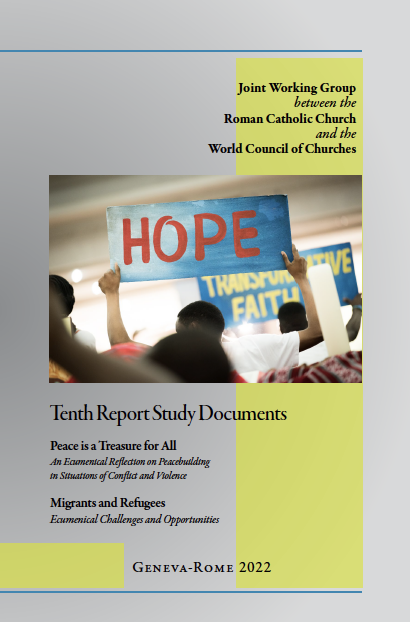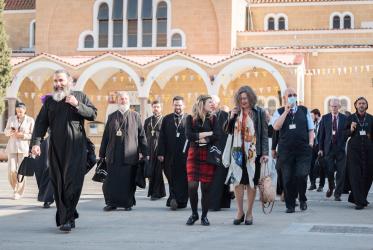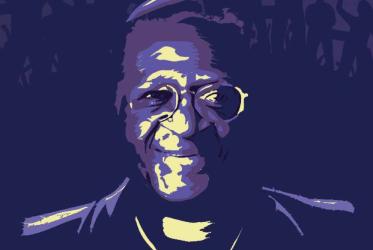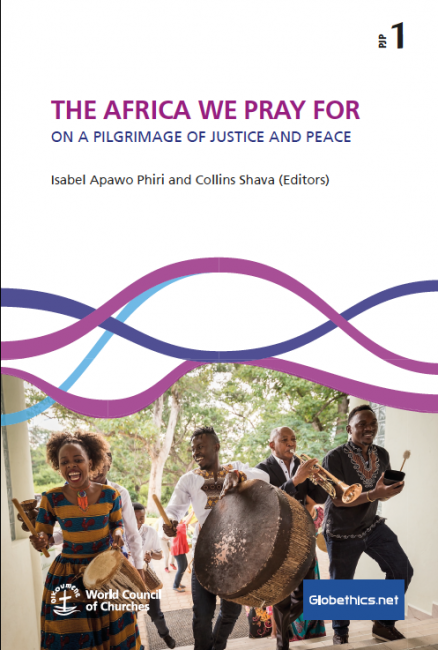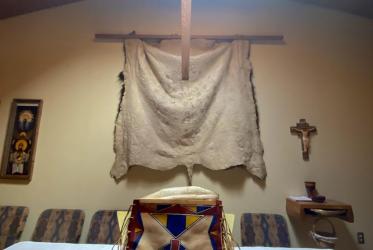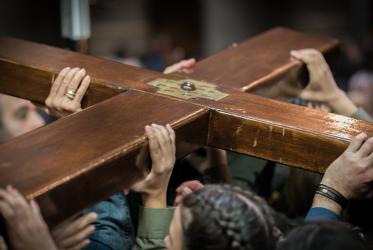Displaying 21 - 40 of 195
19 August 2022
Tutu’s legacy: A Zoom panel celebrating “the Arch”
03 February 2022
WCC honoured with Geneva Engage Award
01 February 2022
Love and Witness
Proclaiming the Peace of the Lord Jesus Christ in a Religiously Plural World
18 January 2021
Rethinking Ecological Relationships in the Anthropocene era
11 - 13 February 2021
Brazilian churches call for transformative racial justice
23 November 2020
WCC executive committee maps future with hope in uncertain times
19 November 2020
